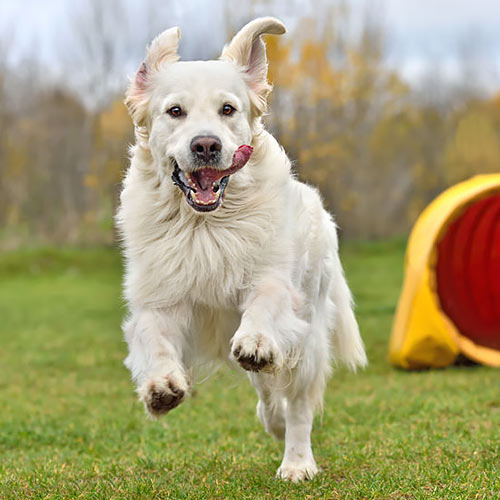
One thing that confuses budding dog trainers is the differences of opinion among dog trainers. If you’ve had the unfortunate lot of “too many chiefs and not enough Indians,” then you’re in for some frustration and even aggravation.
Most trainers with experience will be able to get to the finished product. However their methods of getting there can be quite different. Additionally, their phraseology can be quite different as well. Keep in mind that there is no standard of phrases in the dog training field (in spite of those who claim to be the standard). Many trainers make up their own words for commands, phrases, etc. Even those trainers and schools that have been in the field for a long time – and their students feel that those are the only phrases in the world – have been introduced and used by one person or group and do not necessarily reflect the remainder of the dog training world. We all may be talking about the same differently; we’re just phrasing it differently than others. Even the same words can mean two entirely different things. This, again, can be quite confusing, especially when some trainers and organizations get the “big head” and think they’re better than everyone else. This type of arrogance and narrow-mindedness should be avoided.
The reasons for this confusion are the experience/s of the trainer, his/her background, his ability – or lack thereof – to train a wide variety of dogs in a wide array of skills over a respectable timespan, as well as the amount of ego possessed by the trainer, and the trainer’s willingness to change with the times – or lack of willingness to do so. Some trainers are very good trainers but very poor communicators with people.
If you want to avoid this confusion, team up with a reputable, relevant, experienced trainer or school (such as Dog Trainer College) and learn all you can. Recognize that even the phrases of these schools have probably been created by one person or a small group. This doesn’t make them better or worse than others. What makes these individuals stand out is their ability to consistently get solid results in dog training.
Another tidbit to aid this dilemma is to not put a whole lot of stock in the phrases used but focus on training to get solid results. Don’t commit yourself to just one method, as one method will not always work for all dogs. As trainers, we have our opinion of what works best, but good trainers know that they will need a large toolbox full of training “tools” to effectively and consistently fix canine problems and produce a solid final product. This is what makes good trainers stand out among the rest.
If you are one of those luckless persons who are baffled by the apparent inconsistency among training phrases and methods, take heart. First of all, you’re not alone. Secondly, get a solid education from a proven school (by the way, the Dog Trainer College is a fully-operational dog training facility. In other words, you can see what really works in the real world and base your education and future certification upon this bedrock foundation). Last, but not least, distance yourself from those who are stuck in a rut. Rut-stuck people always talk of past successes and have little to say about current products.
If you dream of becoming a professional dog trainer, with the freedom of being your own boss, and the thrill of seeing difficult problems solved, while making a comfortable income, then the Dog Trainer College is for you. Enroll in any one of our awesome courses to reach the apex of your potential.

